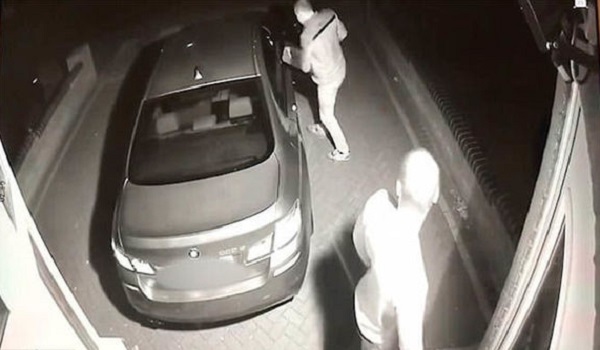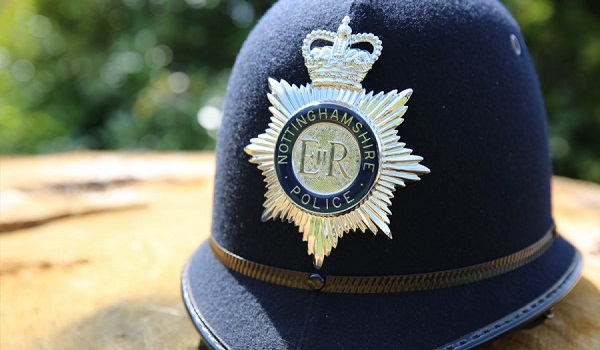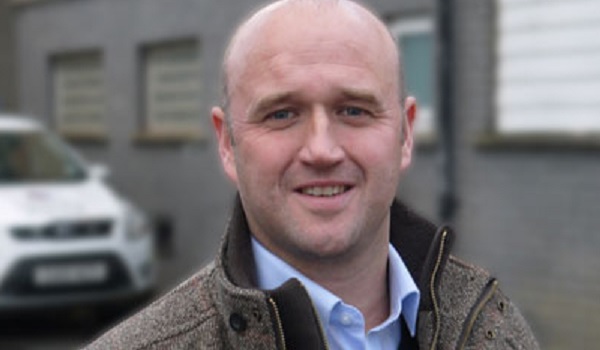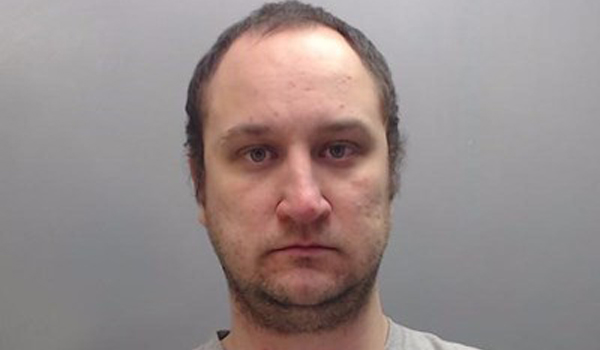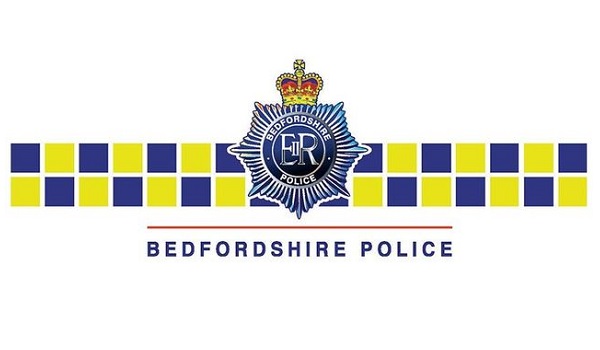Pointing down 'barrel of death' indicator in global gun crime v ownership debate
Gun sales in the US hit a record high last year with ownership doubling during President Barack Obama’s two terms in office, according to the country’s top law enforcement agency.

Gun sales in the US hit a record high last year with ownership doubling during President Barack Obama’s two terms in office, according to the country’s top law enforcement agency.
Background checks conducted by the FBI, which correlates with gun sale estimates, soared by a fifth to more than 27 million.
The four million increase on the 2015 figure to 27,538,673 does not include many guns privately sold or given to friends and family members.
More guns were sold on November 25, 2016 – dubbed Black Friday – than on any other day in US history, according to the National Rifle Association.
The FBI processed 185,713 background checks through their National Instant Criminal Background Check System – breaking the record by about 400. The checking climaxed in the afternoon at three per second.
The spike in gun sales came in a year dominated by rising fears of international terrorism on US soil and the original anticipation of a Hillary Clinton presidency, which was expected to lead to tighter restrictions on firearms.
And a spate of extremist attacks in 2016 punctured the security cordon in both Europe and the US.
So-called Islamic State (Daesh) atrocities hit Paris, Nice, Brussels and Berlin while America’s most deadly mass shooting saw 49 killed and 53 injured at a nightclub in Orlando, Florida.
The FBI data showed that gun sales surged shortly after President Obama originally took office in 2008. But the increase pales in comparison to the 2016 surge – with overall ownership rising by around 100 per cent during his time at the White House, according to The Washington Examiner.
Gun rights have been a hot topic throughout the Obama presidency with critics claiming that he would clamp down on Second Amendment rights by restricting sales and levying tighter purchasing requirements.
The fears proved groundless and the contrast between the US and other civilised countries could not be starker.
Japan has one of the lowest rates of gun crime in the world, allied to low weapon ownership.
In 2014, there were just six gun fatalities, compared to 33,599 in the United States.
How do they achieve such results? Well, handguns are banned outright in Japan. Only shotguns and air rifles are allowed.
The law restricts the number of gun shops to a maximum of three in any of Japan’s 43 administrative regions. Fresh cartridges can only be obtained by returning the spent ones bought on the last visit.
Police forces must be notified where the gun and the ammunition are stored, and they must be kept separately under lock and key.
The current gun control law was introduced in 1958, but the policy dates back centuries.
“Ever since guns entered the country, Japan has always had strict gun laws,” says Iain Overton, executive director of Action on Armed Violence and the author of Gun Baby Gun.
“It was the first nation to impose gun laws in the whole world and I think it laid down a bedrock saying that guns really do not play a part in civilian society,” he added.
The result is a very low level of gun ownership – 0.6 guns per 100 people in 2007, according to the Small Arms Survey, compared to 6.2 in England and Wales and 88.8 in the US.
“The moment you have guns in society, you will have gun violence but I think it’s about the quantity,” said Mr Overton. “If you have very few guns in society, you will almost inevitably have low levels of violence.”
People were being rewarded for giving up firearms as far back as 1685, a policy Mr Overton describes as “perhaps the first ever gun buyback initiative”.
Japanese police officers rarely use guns and put much greater emphasis on martial arts. More time is spent practising the ancient art of kendo, using bamboo swords, than learning how to use firearms.
The response to violence is never violence, but “always to de-escalate it”, says journalist Anthony Berteaux.
Only six shots were fired by Japanese officers nationwide in 2015.
“What most Japanese police will do is get huge futons and essentially roll up a person who is being violent or drunk into a little burrito and carry them back to the station to calm them down,” added Mr Berteaux.
The ‘norm’ among Japanese police officers is to avoid using weapons wherever they can.
Mr Overton contrasts this with the American model, which he says has been “to militarise the police”.
“If you have too many police pulling out guns at the first instance of crime, you lead to a miniature arms race between police and criminals,” he added.
To underline the taboo attached to inappropriate use of weapons, an officer who used his gun to kill himself was charged posthumously with a criminal offence. He carried out the act while on duty – officers never carry weapons off-duty, leaving them at the station when they finish their shift.
According to Mr Overton, the “almost taboo level of rejection” of guns in Japan means that the country is “edging towards a perfect place” – though he points out that Iceland also achieves a very low rate of gun crime, despite a much higher level of gun ownership.
Henrietta Moore, of the Institute for Global Prosperity at University College London, applauds the Japanese for not viewing gun ownership as “a civil liberty”, and rejecting the idea of firearms as “something you use to defend your property against others”.
Gun-control laws are taken so seriously in Japan the police will pursue violators “to the grave and beyond”.
Even the gangsters live in fear of Japan’s gun legislation, according to a retired Kanto-region officer in an interview with the Japan Times.
The unnamed ‘Detective X’ of more than 25 years service said it was “almost impossible” to get, own or sell a gun.
And the rationale for not allowing gun ownership is simple. “Of course, guns don’t kill people; people kill people — guns just make it a lot easier to kill a lot of people,” he said.
“That’s why Japan bans them and that’s why my job was catching people with guns and putting them in jail. Usually, long before they could ever put their finger on the trigger.”
In order to prevent atrocious crimes involving firearms, possession of small arms was banned in 1965, with ever stricter penalties imposed. Simply firing a gun carries a penalty of three years to life.
Japan does allow the possession of hunting rifles and air guns for sporting use, but the restrictions and checks are extremely tight.
Wannabe gun owners have to attend an all-day class, take a written exam and pass a shooting-range test with a mark of at least 95 per cent.
There are also mental health and drugs tests plus criminal record checks with the police looking for links to extremist groups. The scrutiny includes relatives and even work colleagues.
And as well as having the power to deny gun licences, police also have sweeping powers to search and seize weapons.
“You have to bring your rifle in every year for inspection. You have to pass a drug test. You can’t have a criminal record. A doctor has to certify you’re mentally and physically healthy. You have to actually go to the firing range and show that you can use the weapon. If you have any sort of issue, we’re going to take away your firearms,” Detective X said.
“Sometimes, police officers even go to the neighborhoods where a gun owner lives and interview neighbours to make sure the owner isn’t causing problems or having issues with his spouse,” he added.
According to National Police Agency’s 2012 White Paper on Crime, in 2011 there were 246,783 licensed firearms in Japan, and 122,515 licensed owners out of a population of more than 126 million.
In the same year, 27 people were denied permission to own a weapon, and 95 others had their permits taken away.
Compare these figures with 2009 — when there were 299,939 licensed firearms and 142,294 licensed owners — and it’s clear these numbers are falling. So, too, are the number of shootings and gun deaths.
In 2002, there were 158 shootings in Japan and 24 deaths. By 2012 that had fallen to 45 shootings and eight deaths. In 2014 there were only six deaths.
Detective X summed it up: “You can’t easily hold up a convenience store or shoot someone to death if you don’t have a gun,” he concluded.
FACTLINE: ENGLAND AND WALES
Official figures for England and Wales put the current number of legally-held firearms at 1.9 million with offences involving firearms increasing by four per cent to 5,127 in the year to March 2016, compared with the previous year’s figure of 4,911.
However, this was largely driven by a 22 per cent spike in offences involving imitation and other firearms such as BB guns, according to the Crime Survey for England and Wales. In comparison, offences involving handguns, shotguns and rifles increased by two per cent.
There were 21 gun crime deaths in the 12-month period to March 2015, representing four per cent of the homicide total of 517. The figure, according to the Office of National Statistics, was the lowest since 1980 (19 victims).
The most common method of killing for both male and female victims in England and Wales was by a knife or other sharp instrument, with 186 such homicides (36 per cent of the total) recorded in the year ending March 2015, compared with 204 (39 per cent) in the previous year.
The next most common method of killing was ‘kicking or hitting without a weapon’, accounting for 95 homicides, a proportion that has remained roughly a fifth over the last decade. The majority (87 per cent) of those killed in this way were males.


